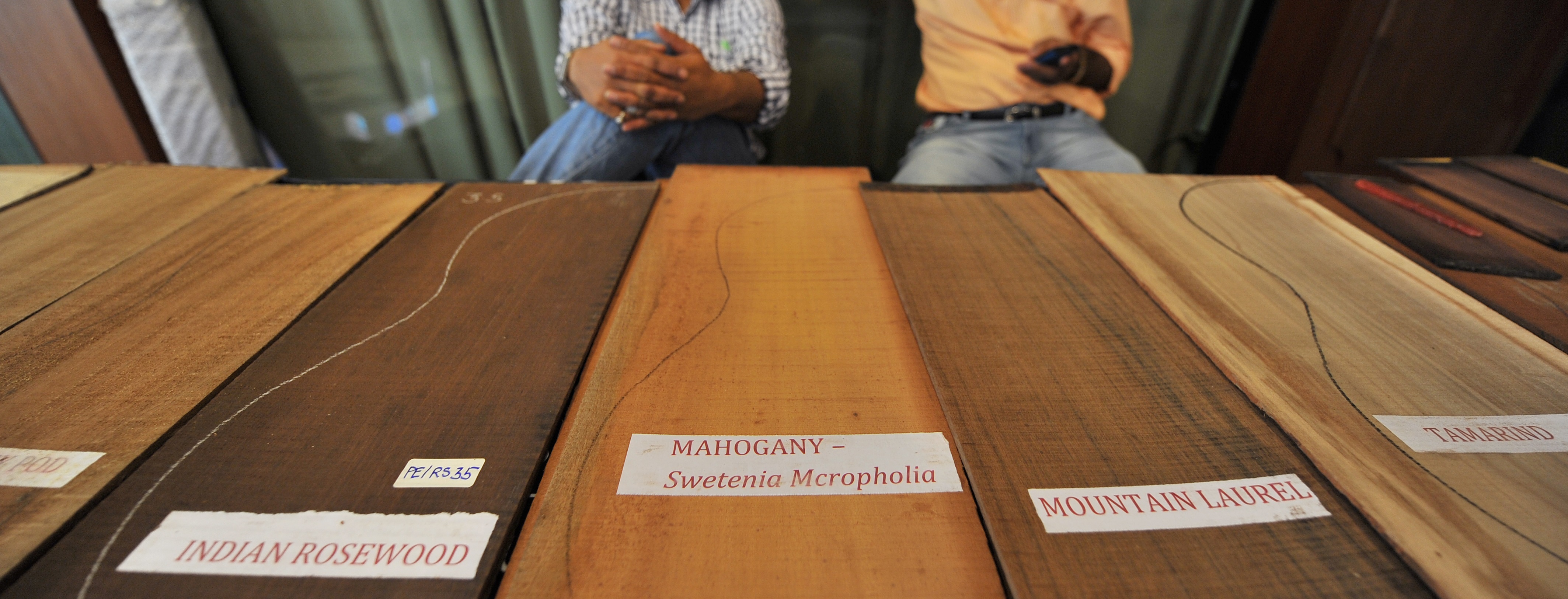Save the world, one riff at a time
In an increasingly environmentally-conscious world, everyone’s trying to do their bit. From re-using plastic bags to turning the temperature down on the washing machine, every little helps. That got us thinking; as musicians, what can we do to help? We put together a few handy suggestions that’ll help you reduce your environmental footprint:
- Recycle your packaging
- Recycle used guitar strings
- Think about your tonewood
- Upcycle old musical gear
- Consider going digital
- Use power supplies and rechargeable batteries
- Carpooling & public transport
- Play unplugged more!
Read on for the full lowdown…
Always Recycle Your Packaging
This one’s a given nowadays, but it can still be easy to overlook. Check with your local council or authority on the recycling services that they offer. Many governing bodies will recycle most packaging, including plastic, cardboard and paper – most of the stuff that you’ll get with your new gear.
Plastic pollution is a worldwide problem, and it’s only getting worse. And while cardboard and paper is technically biodegradable, it still takes a while to break down naturally, and inevitably sits in a landfill in the meantime. Taking a bit of extra time to recycle could make a big difference!
Don’t have access to recycling? Whether it’s at home, in the workplace or at your local rehearsal space, it’s easier than ever for places to provide recycling facilities. Contact the people in charge (local council, business owners etc.) and make a request!
How Do I Recycle Used Strings?
Generally speaking, guitar strings can’t simply be placed in your everyday recycling bin. But many local authorities have community recycling facilities that will happily take in additional materials – anything from old TVs to broken glass. This means that you’ll most likely be able to find a place to safely dispose of your old strings knowing that they’ll be melted down or reused in some way.
In addition to this, many companies (and even string manufacturers) now offer a specific recycling solution for guitar strings. D’Addario are a good example; they teamed up with US company TerraCycle to offer a trade-in program. This allows musicians to donate their old strings and clippings to earn rewards for themselves and help fund charitable causes supported by D’Addario.
These services are currently only available in the US, but it’s making waves in the industry – we hope to see similar initiatives spring up on the international circuit in the not-too-distant future!
Consider the Impact of Tonewood Choice
With the 2017 changes to CITES regulations, tonewood sustainability became a hot topic. These changes involved increased restrictions on Rosewood (and related woods in the Dalbergia species group) sales across international borders in an effort to clamp down on illegal felling and furniture manufacture.
With Rosewood considered an endangered species, attention has turned to the many other wood types used in guitar manufacture.
So how can you make a difference? There are many arguments for and against the use of certain tonewoods – all you can do is be aware of it. Look into how your favourite brands source their wood; more and more companies like Taylor, Faith and Martin are using sustainable, government-approved sources for their wood.
Check out the Leonardo Guitar Research Project and Taylor’s Ebony Project for more info on sustainable tonewood efforts!
Upcycle Old Gear
What do you do with your old gear when it kicks the bucket? Your smashed guitar, your cracked cymbal and your defunct stompbox may have some life in it yet…
There are plenty of creative ways of using old & broken musical equipment – the weirder the better! A quick google search will fill your head with all manner of wacky ideas. A cymbal lampshade, a guitar clock, a guitar-string bracelet, a piano coffee table, a rack tom plant pot…the list goes on!
The idea here is simply to prevent your old equipment from wasting away in a landfill. Whether you restore busted gear back to functionality or turn it into a piece of furniture, you’re saving one more piece of waste!
Consider Going Digital
Digital technology has always been divisive among musicians across the spectrum. When first introduced several decades ago, it was hailed as the future; brand new sounds, endless tonal tweaking and ease of use. Keyboards, amps, pedals, software – digital technology eventually became totally integrated with making music, and our lives as a whole.
Even so, the idea of a vast array of stompboxes, a power-thirsty valve amp and a rack of analog synthesizers remains as popular as ever. Many argue that nothing quite compares the original. But could you harness modern technology to attain your sound and help reduce your footprint in the process?
Take recording for example; replace your valve amp and pedalboard with a modelling amp and you’ve drastically reduced your power consumption. Go one step further and look at the numerous software options available (Native Instruments Guitar Rig, IK Multimedia AmpliTube). While red-hot valve sound and analog signal paths sound undeniably glorious, don’t be afraid of going digital every now and then!
Use Power Supplies & Rechargeable Batteries
It’s no secret that every-day batteries contain numerous metals and acids that aren’t particularly friendly. In the music world, they’re most commonly used for guitar pedals. Batteries have been proven to cause contamination of groundwater, which can affect plants, animals and people – not good.
While it may be obvious, using power supplies alleviates this issue. Many musicians use power supplies anyway because they’re simply easier and more reliable – so it’s a no-brainer. If you do want to use batteries, look into getting a charger and set of reusable ones. This means no batteries go in the bin, and you save money in the long-term. Winner!
Transport
Vehicle pollution is one of the biggest contributors to greenhouse gasses, and subsequently to global warming. With more and more cars, vans, trucks and motorbikes on the roads every year, it’s a problem that governments across the world are looking to solve (not without resistance from car manufacturers).
While this issue goes well beyond the music world, we can all do our bit. Musical gear is often heavy and cumbersome, so carrying it on foot or on public transport isn’t always practical. Use trains, buses, trams and your own two feet whenever possible, but not at the risk of your own safety!
Carpooling to rehearsals, gigs and sessions is a great way to reduce your personal footprint. Less vehicles reduces emissions, saves money and ensure that everyone arrives on time – we’ve all been late from time to time, right?
Play Unplugged!
Finally, another obvious one, but playing unplugged = no power required. Now we’re not suggesting that you twang away at your electric without being plugged in, because let’s face it, that’s not much fun at all. But an acoustic guitar sounds great, feels great and doesn’t need any power.
We love a set of humbuckers through a cranked amp as much as the next person – perhaps even more than the next person. But we also love the warmth and comfort of an acoustic strum from time to time. There’s nothing quite like putting your feet up with your steel-string on a sunny afternoon.
Conclusion – Nobody’s Perfect But…
We all drive cars, use plastic, throw stuff away and plug in lots of loud gear from time to time – as a musician, those things are pretty much inevitable. But we wrote this article to suggest small steps that you can take to try and make a difference. If everyone tried a handful of these things, the affect might well be pretty significant!
We’d also like to acknowledge that as a company, we aim to provide the best service, the best gear and the best prices on the market to our fans and customers. In doing this, we also use fuel, plastic, power and much more. But we’re always taking steps to do our bit, from reducing the packaging we use, to ensuring our packaging is recyclable where possible, using motion-sensor lights in our warehouse to save power, and much more. It all adds up!
Did you enjoy reading this article? You might want to check out the rest of our Learn articles while you’re here!





Responses & Questions